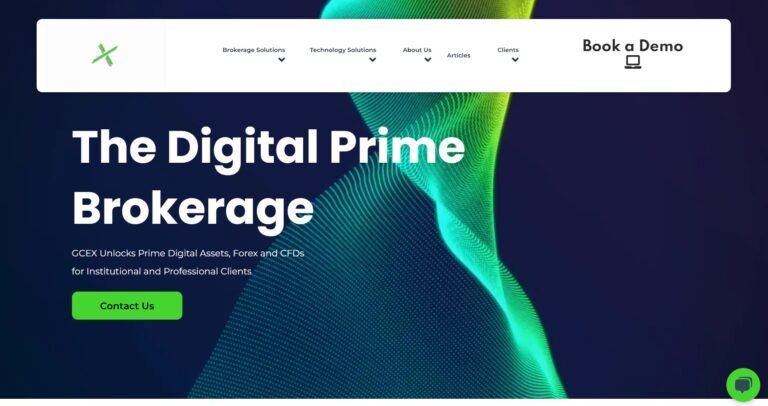Table of Contents
Introduction to GC Exchange
This detailed GC Exchange review examines the broker’s claims, operations, and trustworthiness. GC Exchange presents itself as a platform for trading forex, CFDs, and digital assets, claiming to operate internationally. But questions remain — is GC Exchange a scam or a genuine trading platform?
This review is written for two audiences: those who suspect or have been scammed by GC Exchange and want real insights, and those considering investing who need to know the risks before committing funds. This GC Exchange scam review uncovers all the warning signs you need to know.
GC Exchange: Regulation & Legal Status
Upon investigation, GC Exchange does not appear to hold regulation from reputable authorities like the FCA, ASIC, or CySEC. Instead, it seems to be registered in an offshore jurisdiction — a common tactic used by questionable brokers to bypass stricter financial oversight.
This lack of credible licensing means no client fund protection, no enforced transparency, and no dispute resolution mechanisms. Offshore-registered brokers often exploit these loopholes to operate without accountability. Learn how to spot a scam broker before it’s too late.
The absence of top-tier regulation raises significant doubts about its legitimacy and adds weight to concerns about whether GC Exchange is a scam.
Trading Conditions & Platform Analysis of GC Exchange
GC Exchange offers little transparency about its account structures, minimum deposit requirements, leverage levels, or spreads. This lack of clear information makes it challenging for potential traders to understand what they’re signing up for. Claims of competitive spreads and high-leverage trading are not backed by verifiable details.
Additionally, GC Exchange does not clarify whether it uses reliable platforms like MT4 or MT5. While some brokers highlight these platforms to build credibility, simply offering MT5 doesn’t guarantee safety or fair trading practices. There’s also no confirmation of STP/ECN execution or information on liquidity providers.
Before committing, visit resources like what to check before signing up with a trading platform. These gaps in transparency make it increasingly difficult to dismiss the possibility that GC Exchange might be a fraud.
Reputation & User Reviews About GC Exchange
Reviews on platforms like Trustpilot show a concerning trend of highly positive but unverifiable testimonials, which could indicate manipulated feedback. On the other hand, there are complaints from users about withdrawal delays, unresponsive support, and difficulties closing accounts.
Traffic analysis suggests low user engagement, implying that the broker may not have a significant client base. These reputation issues reinforce doubts surrounding the legitimacy of this broker and further fuel the idea of a potential GC Exchange scam.
How to Test Whether GC Exchange Is a Scam
If you’re uncertain about GC Exchange, follow these practical steps:
- Verify regulation: Check with regulatory bodies like the SEC, FCA, or ASIC for licensing details.
- Look for red flags: Vague or missing license information is a major warning sign.
- Read real reviews: Investigate complaints on platforms like Forex Peace Army or TrustPilot to see recurring issues.
- Test the platform: A poorly designed or unstable platform can indicate a scam operation.
- Check withdrawal terms: Be wary of brokers requiring crypto-only withdrawals or lacking clear payout policies.
- Avoid false promises: No legitimate broker guarantees profits with zero risk.
- Use a demo account: Reliable brokers always allow users to test their platforms without depositing funds.
Final Verdict & Alternatives
Based on its lack of credible regulation, unclear trading conditions, and concerning user feedback, we strongly advise caution with GC Exchange. The risks far outweigh any potential benefits.
For safer trading, consider fully licensed brokers under the oversight of authorities like the FCA, ASIC, or CySEC. If you believe you’ve been scammed, report the incident through platforms like the FTC’s fraud reporting portal.
Protecting your capital starts with choosing a transparent, regulated broker — don’t settle for less.


